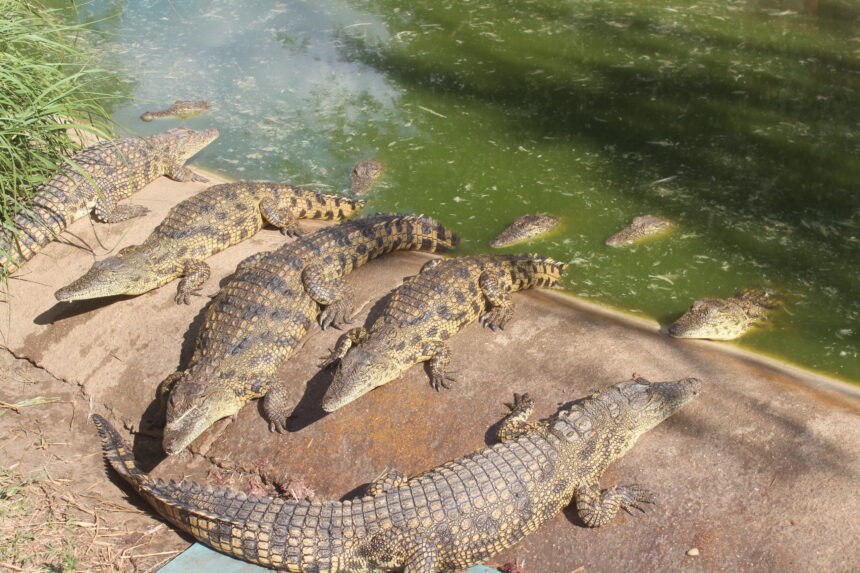NKURENKURU – The environment ministry has recorded five human fatalities and six injuries due to crocodile attacks in the Kavango West and East regions between January 2024 and February 2025.
The ministry’s spokesperson, Romeo Muyunda, in an interview with Nampa on Sunday, revealed that the ministry has paid N$680 000 to the victims of human-crocodile conflict cases since last year.
The ministry pays N$100 000 to the families of deceased victims, N$30 000 for victims left with disabilities, and N$15 000 for lost body parts, he said.
He further said Ndonga Linena, Katondo, Kayova and Mayara, are high-risk areas for crocodile attacks, adding that various activities such as bathing, fishing and swimming near riverbanks lead to increased attacks.
The ministry has, therefore, implemented several measures to reduce human-wildlife conflict, particularly in high-risk areas, including raising awareness amongst communities and actively engaging them in conflict mitigation efforts.
Additionally, boreholes have been drilled to provide alternative water sources and reduce competition with wildlife for access to water.
“The government erected crocodile protective enclosures in several villages in the areas of Tjeye, Mupapama, Kashira, and Shadikongoro, which are located near Popa Falls, to help safeguard communities by providing safer access to water sources and reducing the risk of crocodile attacks,” said Muyunda.
He urged people living near crocodile-infested rivers to exercise caution and take the necessary precautions to avoid potential attacks.
“Avoid fetching water, fishing, or bathing near riverbanks, especially at night when crocodiles are most active. Always travel in groups near the river and report any crocodile sightings to local authorities. Awareness and vigilance can help prevent tragic incidents, so let us prioritise safety,” he urged.
-Nampa



